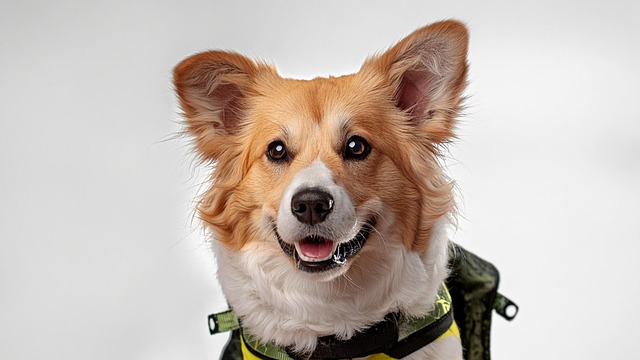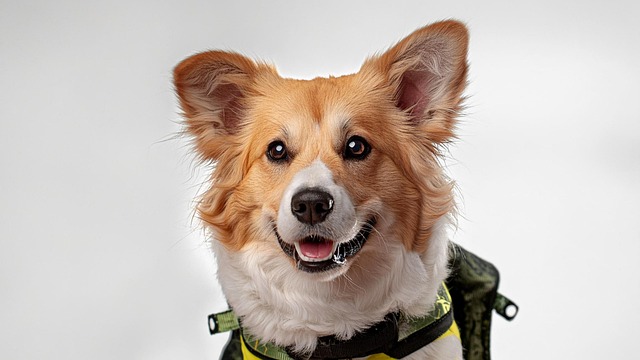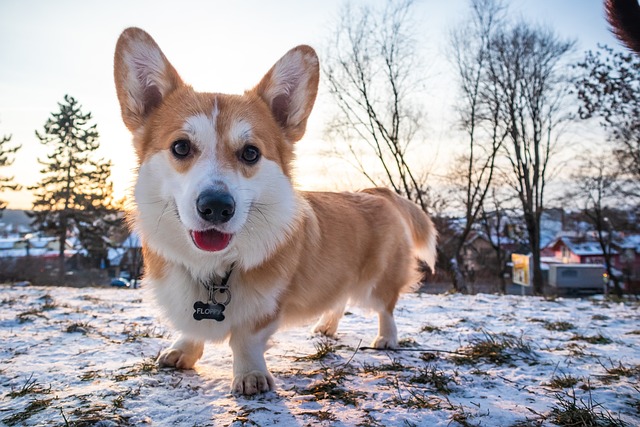It’s not uncommon to notice your pup turning up their nose at dinner after a vomiting episode—and there’s a good reason for it. Vomiting jolts a dog’s digestive system, leaving their stomach feeling tender or irritated. Think of it like how you might skip a meal after feeling nauseous; dogs react similarly, letting their bodies recover before eating again. This temporary loss of appetite is usually normal, but it’s worth keeping an eye on to make sure it doesn’t linger.
Several factors link vomiting to reduced hunger. When a dog throws up, their stomach lining can become inflamed, making food feel uncomfortable or even painful. Additionally, the act of vomiting itself can release stress hormones, which suppress appetite. For example, if your dog ate something they shouldn’t have—like a leftover chicken bone from the trash—and then vomits, their body might instinctively avoid food to prevent further upset. This is a natural protective response, not a cause for panic right away.
 If your dog skips a meal after vomiting, start with small, gentle steps to encourage eating. Offer a bland diet—boiled chicken and rice works well—served in tiny portions. Let them sniff it and decide whether to eat; forcing food can make things worse. Also, make sure they stay hydrated by providing fresh water, but avoid letting them gulp it down, which might trigger more vomiting. A friend’s golden retriever recently vomited after eating grass, and skipping one meal followed by a small serving of bland food had him back to normal the next day.
If your dog skips a meal after vomiting, start with small, gentle steps to encourage eating. Offer a bland diet—boiled chicken and rice works well—served in tiny portions. Let them sniff it and decide whether to eat; forcing food can make things worse. Also, make sure they stay hydrated by providing fresh water, but avoid letting them gulp it down, which might trigger more vomiting. A friend’s golden retriever recently vomited after eating grass, and skipping one meal followed by a small serving of bland food had him back to normal the next day.
Know when to worry. If your dog refuses food for more than 24 hours after vomiting, or if they show other symptoms—like lethargy, diarrhea, or vomiting repeatedly—it’s time to call the vet. These could signal something more serious, like an infection or a blockage. In many areas, vets recommend keeping records of your dog’s eating habits and any vomiting episodes, which helps with diagnosis. Also, remember that regular check-ups and keeping up with vaccines (like parvovirus, which can cause severe vomiting) are key to preventing serious issues.
Consider your living situation, too. If you’re in an apartment, keeping your dog calm after vomiting is important—avoid rough play or long walks until they’re feeling better. Be mindful of shared spaces, like elevators or hallways, if your dog seems unsteady. And always clean up any vomit promptly, not just for hygiene, but because some dogs might try to eat it again, which can restart the cycle of upset.
In most cases, a dog’s appetite will bounce back within a day of vomiting, especially with gentle care. Trust your instincts—you know your dog best. If their behavior feels off, or if the loss of appetite sticks around, don’t hesitate to seek professional help. A little attention to their needs will have them wagging their tail at mealtime again soon.

 If your dog skips a meal after vomiting, start with small, gentle steps to encourage eating. Offer a bland diet—boiled chicken and rice works well—served in tiny portions. Let them sniff it and decide whether to eat; forcing food can make things worse. Also, make sure they stay hydrated by providing fresh water, but avoid letting them gulp it down, which might trigger more vomiting. A friend’s golden retriever recently vomited after eating grass, and skipping one meal followed by a small serving of bland food had him back to normal the next day.
If your dog skips a meal after vomiting, start with small, gentle steps to encourage eating. Offer a bland diet—boiled chicken and rice works well—served in tiny portions. Let them sniff it and decide whether to eat; forcing food can make things worse. Also, make sure they stay hydrated by providing fresh water, but avoid letting them gulp it down, which might trigger more vomiting. A friend’s golden retriever recently vomited after eating grass, and skipping one meal followed by a small serving of bland food had him back to normal the next day.



